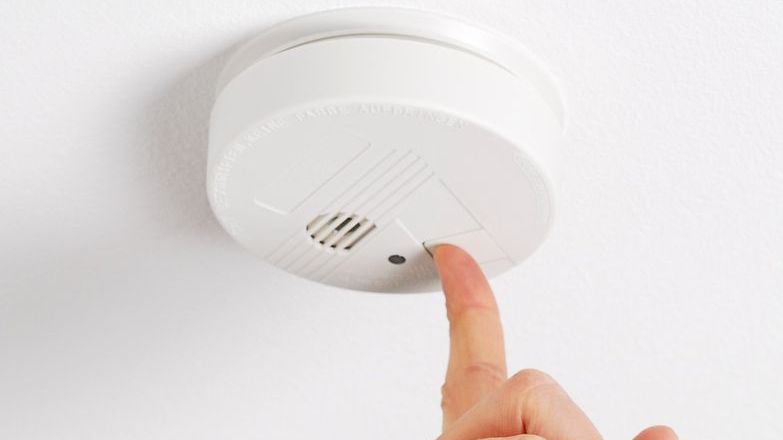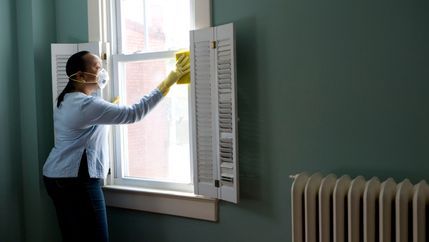
The new fire alarm safety standard, which currently applies to private rented property and all new-builds in Scotland, was to be extended to all homes next February. Work to extend the activity to the social housing sector is said to be well underway already, but extending this work to privately owned residences will not now be compulsory for another year.
The improved standards, which apply to every home in Scotland, must have a smoke alarm fitted in the living room or lounge, and in circulation spaces such as hallways and landings. The changes also mean every kitchen must have a heat alarm, and the alarms will have to be interlinked so they can be heard throughout the property. There must also be a carbon monoxide alarm where there are fixed combustion appliances.
Fire alarm funding for social landlords
The Scottish Government has made more than £15 million of loan funding available for social landlords and also provided in the region of £1 million to the Scottish Fire and Rescue Service to enable them to install alarms during their home fire safety visits to owner-occupied properties assessed to be at high risk from fire.
Types of fire alarms
Homeowners can install tamper-proof long-life lithium battery alarms themselves. Mains-wired alarms are also available and are generally cheaper than the tamper-proof long-life battery alarms but should be installed by a qualified electrician. Both types of alarms are widely available in general hardware outlets and online.





